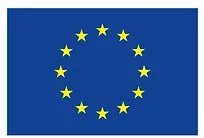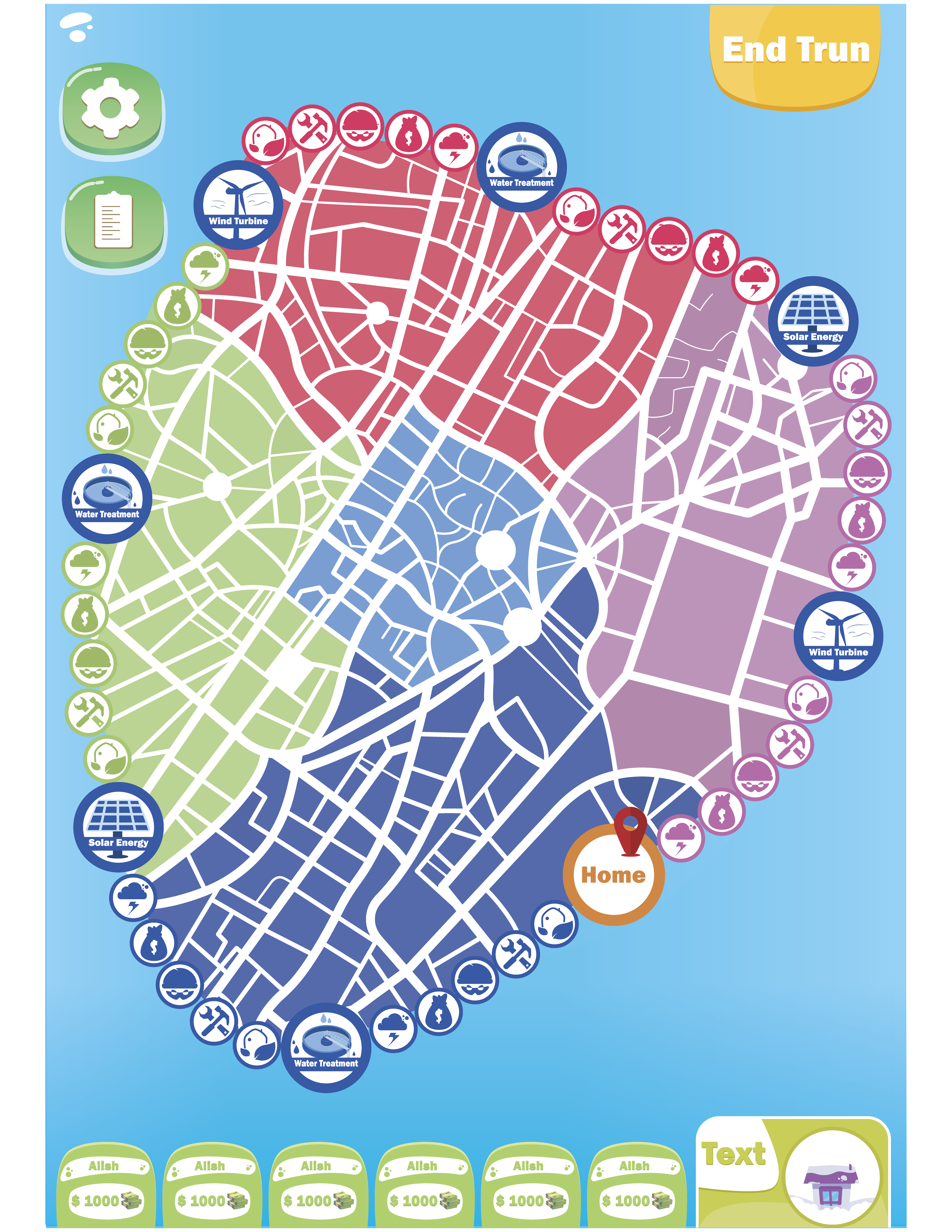
RiverRes
Grupo de acción de innovación europea sobre restauración de ríos
África es una de las regiones que más necesita soluciones innovadoras para abordar los desafíos relacionados con el agua y el cambio climático; sin embargo, muchas partes de África también sufren la falta de habilidades y capacidades relacionadas con el agua, así como una fragmentación institucional generalizada.
AfriAlliance está apoyando a las redes existentes en la identificación de innovaciones sociales y soluciones tecnológicas apropiadas para los desafíos clave del agua y el cambio climático. Está capitalizando la base de conocimiento e innovación y el potencial en África y en la UE. El proyecto apoya medios efectivos de intercambio de conocimientos y transferencia de tecnología dentro de África y entre África y la UE, todo con el objetivo de aumentar la preparación africana para abordar la vulnerabilidad de los desafíos relacionados con el agua y el cambio climático.
El Grupo de Acción de Afri-Alliance sobre Gestión Integrada de Recursos Hídricos (GIRH) y Ética es uno de los cinco Grupos de Acción financiados por el Proyecto AfriAlliance (financiado por la UE), sobre innovaciones en agua y clima liderado por la UNESCO- IHE. El Grupo de Acción surge de la comprensión de que la utilización sostenible y la protección de los recursos hídricos es esencial para abordar una serie de importantes desafíos ambientales y sociales que se producen en todo el continente africano. Esto requeriría un cambio fundamental en términos de enfoques de gestión y políticas, especialmente respecto al equilibrio y al intercambio de valores que puedan influir en los criterios para una asignación justa del agua tanto para la sociedad como para el medioambiente. El Grupo de Acción propone una perspectiva ética ambiental sistémica-relacional (SR) como enfoque éticamente fundamentado para la gestión de los recursos hídricos. Al desarrollar criterios para gestionar y asignar agua, el bien / valor final que se debe mantener es el bienestar y la salud de todo el ecosistema, incluidos los humanos y los elementos no humanos que proporcionan la base necesaria de la que dependen los humanos.

África es una de las regiones que más necesita soluciones innovadoras para abordar los desafíos relacionados con el agua y el cambio climático; sin embargo, muchas partes de África también sufren la falta de habilidades y capacidades relacionadas con el agua, así como una fragmentación institucional generalizada.
AfriAlliance está apoyando a las redes existentes en la identificación de innovaciones sociales y soluciones tecnológicas apropiadas para los desafíos clave del agua y el cambio climático. Está capitalizando la base de conocimiento e innovación y el potencial en África y en la UE. El proyecto apoya medios efectivos de intercambio de conocimientos y transferencia de tecnología dentro de África y entre África y la UE, todo con el objetivo de aumentar la preparación africana para abordar la vulnerabilidad de los desafíos relacionados con el agua y el cambio climático.
El Grupo de Acción de Afri-Alliance sobre Gestión Integrada de Recursos Hídricos (GIRH) y Ética es uno de los cinco Grupos de Acción financiados por el Proyecto AfriAlliance (financiado por la UE), sobre innovaciones en agua y clima liderado por la UNESCO- IHE. El Grupo de Acción surge de la comprensión de que la utilización sostenible y la protección de los recursos hídricos es esencial para abordar una serie de importantes desafíos ambientales y sociales que se producen en todo el continente africano. Esto requeriría un cambio fundamental en términos de enfoques de gestión y políticas, especialmente respecto al equilibrio y al intercambio de valores que puedan influir en los criterios para una asignación justa del agua tanto para la sociedad como para el medioambiente. El Grupo de Acción propone una perspectiva ética ambiental sistémica-relacional (SR) como enfoque éticamente fundamentado para la gestión de los recursos hídricos. Al desarrollar criterios para gestionar y asignar agua, el bien / valor final que se debe mantener es el bienestar y la salud de todo el ecosistema, incluidos los humanos y los elementos no humanos que proporcionan la base necesaria de la que dependen los humanos.


Grupo de acción de innovación europea sobre restauración de ríos

Coordinación del proceso de creación de cuatro hojas de ruta para avanzar hacia un sistema alimentario sostenible en España.

Adaptación climática colaborativa de los distritos escolares